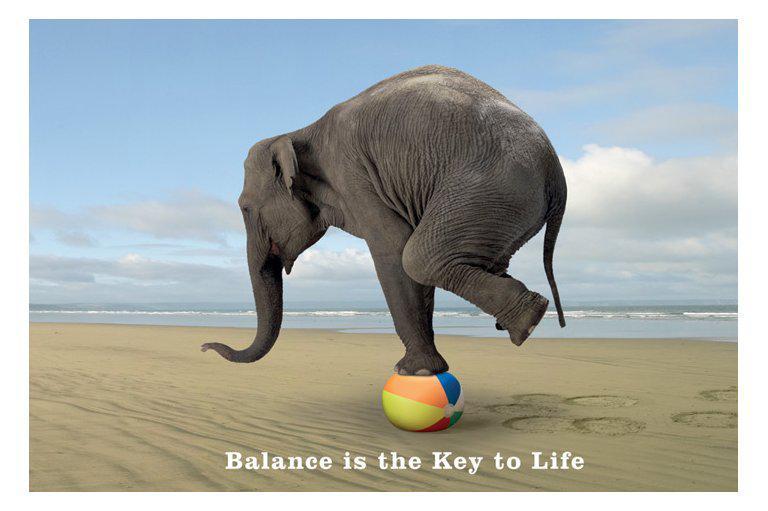A window into learning
December 11, 2020

During the last 10 months, a collective humanity has been in a constant state of adapting to life during the pandemic. There has been a tremendous amount of uncertainty, loss, and isolation and I would be remiss if I didn’t acknowledge these months as such.
Speaking as an educator, and joining our colleagues around the world, Pinewood teachers have experienced the uncertainty of swiftly and fundamentally redesigning learning for the virtual environment, adapted to the loss of their physical classrooms, studios, labs, and other learning spaces/materials, and dealt with maintaining all professional responsibilities within the various forms of isolation that the pandemic has introduced. No doubt, different forms of uncertainly, loss, and isolation have been and are being experienced by our families, too.
However, and at the risk of spreading toxic positivity, I do believe that humans have an intrinsic ability to find silver linings among the darkest of clouds. In this respect, one of the most important silver linings during the pandemic has been the opportunity for parents to watch their children in the act of learning with their classmates – to see the processes that largely takes place at school in more familiar times.
Remote learning during the pandemic has given parents a window into the hundreds of small, yet significant steps and iterations that go into any learning experience – the soul of learning – no matter whether it is a Kindergarten student learning how to read or an IB2 student learning the fundamentals of nuclear physics.
No doubt, this gives us a fortuitous occasion to highlight what teachers know to be true – that learning is a process, not a product. Well-known experts in cognitive learning theory confirm this for us.

“We teach a subject not to produce little living librarians on that subject,
but rather to get a student to think….for himself,
to consider matters…
to take part in the process of knowledge-getting.
Knowing is a process, not a product.”
–Jerome Bruner“
It must not be forgotten that
the basic law of children’s creativity
is that its value lies not in its results,
but in the product of creation, in the process itself.”
–Lev Vygotsky
In order to give our parents a compass as they peer into the window of learning as a process, and post-pandemic when we are all back on campus, I offer a few ideas to reflect upon.
Failure is not the enemy
Research on learning clearly points to an understanding that experiencing failure, and learning to be resilient when faced with failure, is a crucial part of the learning process. In fact, we should reframe the idea of failure as a process of iterations in the learning process.

Praising achievements only is a bad idea
When we praise children only when they get a perfect score on a test, we teach them that their accomplishments matter more than everything else. Kids who only hear praise for their achievements may grow up to become adults who think they need to succeed at all costs, including ethics. So, don’t forget to praise your children for putting in the hard work or a willingness to be brave and try something where they may even fail. (Amy Morin, Mentally Strong People)
Expecting perfection is a balancing act
Setting the bar higher and higher is good for children. It teaches them that they can do more than they think. This is important for intellectual and creative growth. Expecting absolute perfection, though, could cause them to feel like they can’t ever measure up. They may grow up to feel as though they aren’t good enough because they couldn’t achieve what you told them they could. (Amy Morin, Mentally Strong People)

Wellbeing is not a project
The pandemic has shed a bright light on the idea that well-being is not something that can be taught in one project. It’s a crucial part of education and of life. So, remember to support your children’s well-being – pay attention to their emotions and try to validate them. Emotions are real but they are not permanent. “How can we possibly address the effectiveness of student learning–virtual or otherwise–without first ensuring the psychological safety and welfare of every child?” (Rosalind Wiseman, Cultures of Dignity)
I hope these ideas spark your own thinking as you enjoy peering into the soul of learning during our remote learning period(s) this year.
Dr. Roxanne Giampapa
Head of School


